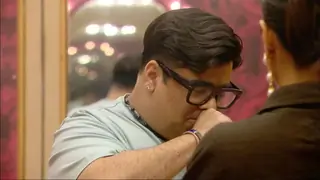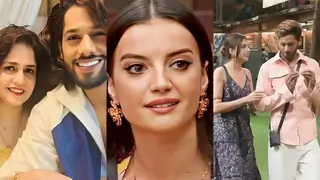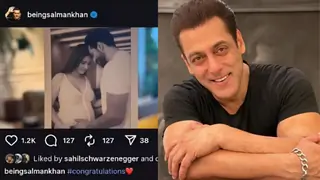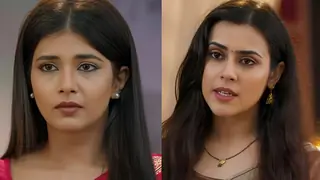Dev-vrat didn't have a father figure in his childhood and didn't get father's love and security. He meets his Dad when he is grown-up and he tries to fill this gap in his life by being an ideal son.
When he takes the celibacy vow, he thinks only and only of his father, he doesn't think about himself and he doesn't think about the kingdom. This unbalanced thinking is one of the seeds of the destruction and annihilation - which was Kurukshetra!
Dev-vrat is showered by praises, respect and awe by humans and devs for this terrible (bhisma) life-long vow and he is given the boon (
or curse, depends on your thought and perspective) of choice of his death; and thus transforms into Bhisma.
After his step-brothers die, Satyavati asks him to break his vows that had by then become redundant and meaningless and threatened the very continuation of the Bharata line and the survival of the empire. Had he taken over as king, had he married and produced children, or alternatively had he performed the niyoga instead of Ved Vyasa, chances are that the eldest child would not have been born blind and the complicated situation of the Mahabharata that eventually leads to the war would not have risen at all. The Mahabharata makes it very clear that Ambika, Dhritarashtra's mother, expected Bhishma in her bed that night of niyoga and that it is as much the shock of seeing the sage as the fact that it was not Bhishma who was to perform that act that scared her and made her future child blind.
Throughout his life, Bhishma is obsessed with his own image - in his mind and in the minds of others. He is obsessed with his remaining Bheeshma the terrible, obsessed with his own greatness. While he doesn't marry a woman and have a family, he is effectively married to the throne of Hastinapur and serves whoever sits on it, even if that person doesn't follow dharma.
Edited by sjnp - 12 years ago
































